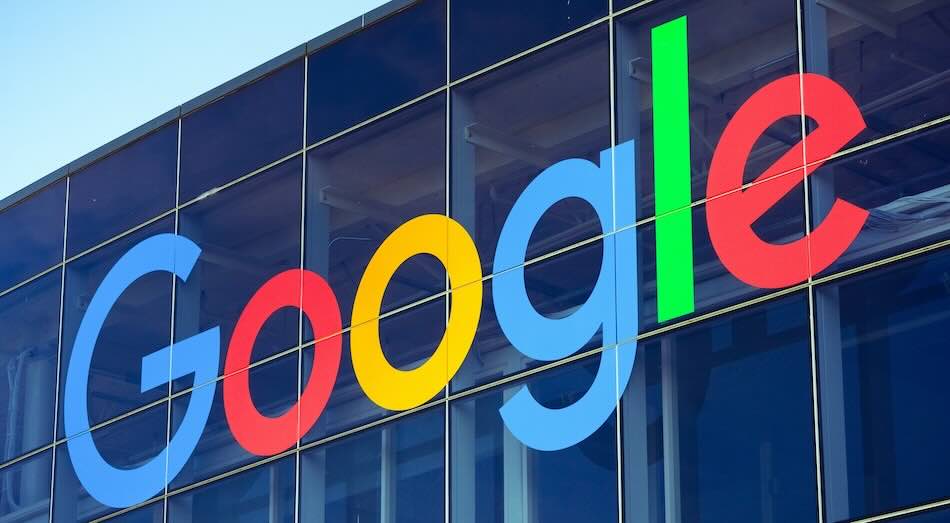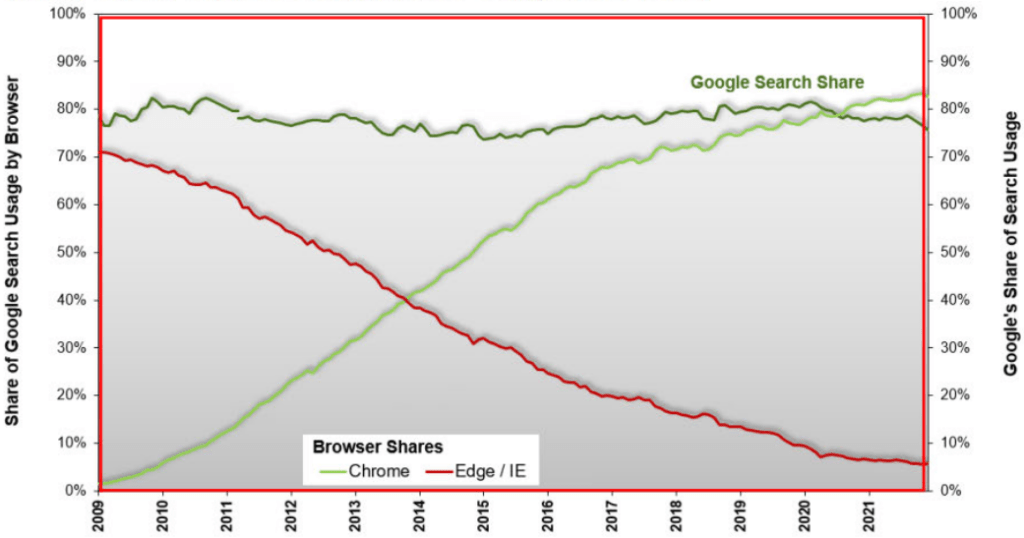
In a landmark decision, the U.S. District Court in Columbia ruled that Google violated Section 2 of the Sherman Act by maintaining its monopoly in the markets for general search services and general search text advertising through exclusive distribution agreements.
This ruling marks a significant victory for the U.S. Department of Justice (DOJ) and 38 state attorneys general who filed the lawsuit against Google in 2020, alleging anticompetitive practices.
Key Court Findings
- Monopoly Power: The court found that Google holds monopoly power in the markets for general search services and general search text ads. Google's market share in these areas has remained overwhelmingly dominant, with nearly 90% of search queries in the U.S. conducted through Google by 2020.
- Exclusive Agreements: The court concluded that Google's distribution agreements with browser developers, mobile device manufacturers, and wireless carriers were exclusive and had significant anticompetitive effects. These agreements ensured Google's search engine was the default on most devices, effectively precluding competitors from gaining a foothold in the market.
- Anticompetitive Effects: These exclusive deals have deprived Google's rivals of the necessary scale of competing effectively, reduced incentives for innovation, and allowed Google to charge supra-competitive prices for its text advertisements.
Legal battle
The DOJ and state attorneys general filed the lawsuit in October 2020, accusing Google of using its dominant position to stifle competition and maintain its monopoly. The case drew comparisons to the historic antitrust case against Microsoft in the late 1990s. Discovery in the Google case began in December 2020 and concluded in March 2023, involving millions of pages of documents and testimony from dozens of witnesses, including high-ranking executives from major tech companies.
Google, a subsidiary of Alphabet Inc., has been a dominant force in the search engine market since its founding in 1998. The company's search engine is not only the most widely used but also a critical gateway for digital advertising. In 2021, advertisers spent over $150 billion to reach users through general search engines.
The court's findings underscore the significant impact of Google's default distribution strategy, which leverages its financial power to secure preloaded placements on devices, ensuring that users predominantly use Google Search. This strategy has generated substantial volumes of user data for Google, further enhancing its market position and advertising revenue.

Ruling implications
The ruling against Google sets a precedent for antitrust enforcement in the digital age, potentially leading to more stringent regulations on tech giants. The decision may compel Google to alter its business practices, particularly concerning its distribution agreements.
For businesses and advertisers, this ruling could open opportunities for more competitive dynamics in the search engine and online advertising markets. Users might benefit from increased innovation and better services as competition intensifies.
The court's decision against Google is a pivotal moment in the ongoing scrutiny of major tech companies' market practices, highlighting the importance of maintaining competitive markets to foster innovation and consumer choice.
Google's statement to CyberInsider
CyberInsider has contacted Google for a comment on the ruling and whether the company plans to appeal the decision, and received the following response:
This decision recognizes that Google offers the best search engine, but concludes that we shouldn’t be allowed to make it easily available. We appreciate the Court’s finding that Google is “the industry’s highest quality search engine, which has earned Google the trust of hundreds of millions of daily users”, that Google “has long been the best search engine, particularly on mobile devices”, “has continued to innovate in search” and that “Apple and Mozilla occasionally assess Google’s search quality relative to its rivals and find Google’s to be superior.” Given this, and that people are increasingly looking for information in more and more ways, we plan to appeal. As this process continues, we will remain focused on making products that people find helpful and easy to use.”
Kent Walker, President of Global Affairs at Alphabet







Leave a Reply